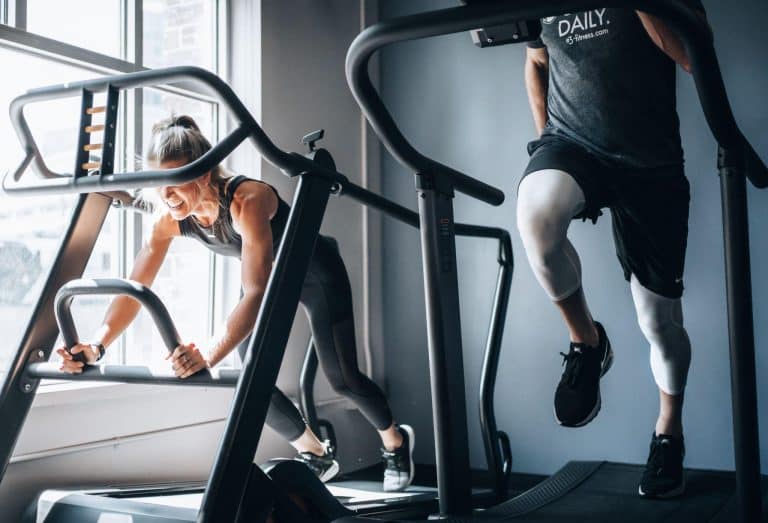Share this post
An effective nutrition and training program is the foundation of any good fitness plan when building muscle. But training with fitness supplements can be ideal if you want to achieve your goals faster.
Looking for the best supplements for muscle gain and fat loss is more than picking the most expensive. Different supplements have different effects, so you need to do your research, especially when looking at pre-workout for beginners.
To help get you started on your supplement journey, this article provides guidance on which ones are ideal for beginners.
Armed with this information, you'll have all you need to start searching for the right supplement stack to build muscle and burn fat.
What Are Fitness Supplements?
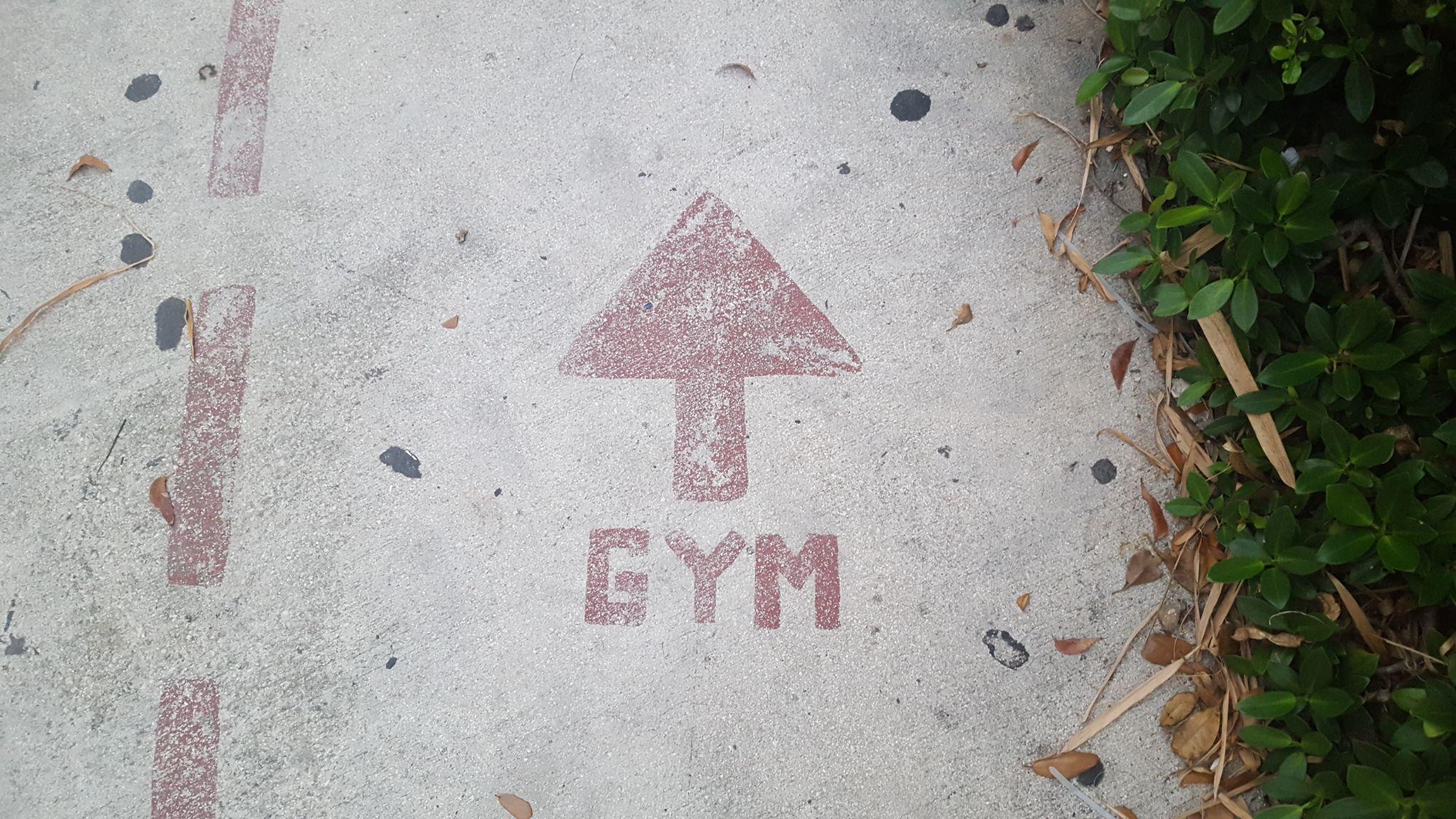
It doesn't hurt to take supplements, but they're not necessary either. They offer nutritional value and can help you hit your fitness goals faster, but they shouldn’t be used as a substitute for food.
They can be either food- or non-food-based, providing a range of nutrients in a well-balanced diet.
The most popular include protein powders and fish oils such as Omega-3.
Non-food supplements provide nutrients not usually found in effective doses within our diets. They're usually used to improve health or athletic performance.
Caffeine and creatine powder are two of the most common supplements that have positive effects when used properly.
The Top 5 Pre-Workout Supplements for Beginners
Gym supplements boost energy and increase endurance during workouts. They are usually taken around fifteen minutes to half an hour before the start of any physical activity.
Pre-workout supplements might help athletes or people exercising perform better, but you should always consult your doctor first, especially if you are under medication or facing any medical problems.
Providing an extra boost to exercise goals, the following pre-workout supplements may be incredibly helpful:
1. Creatine
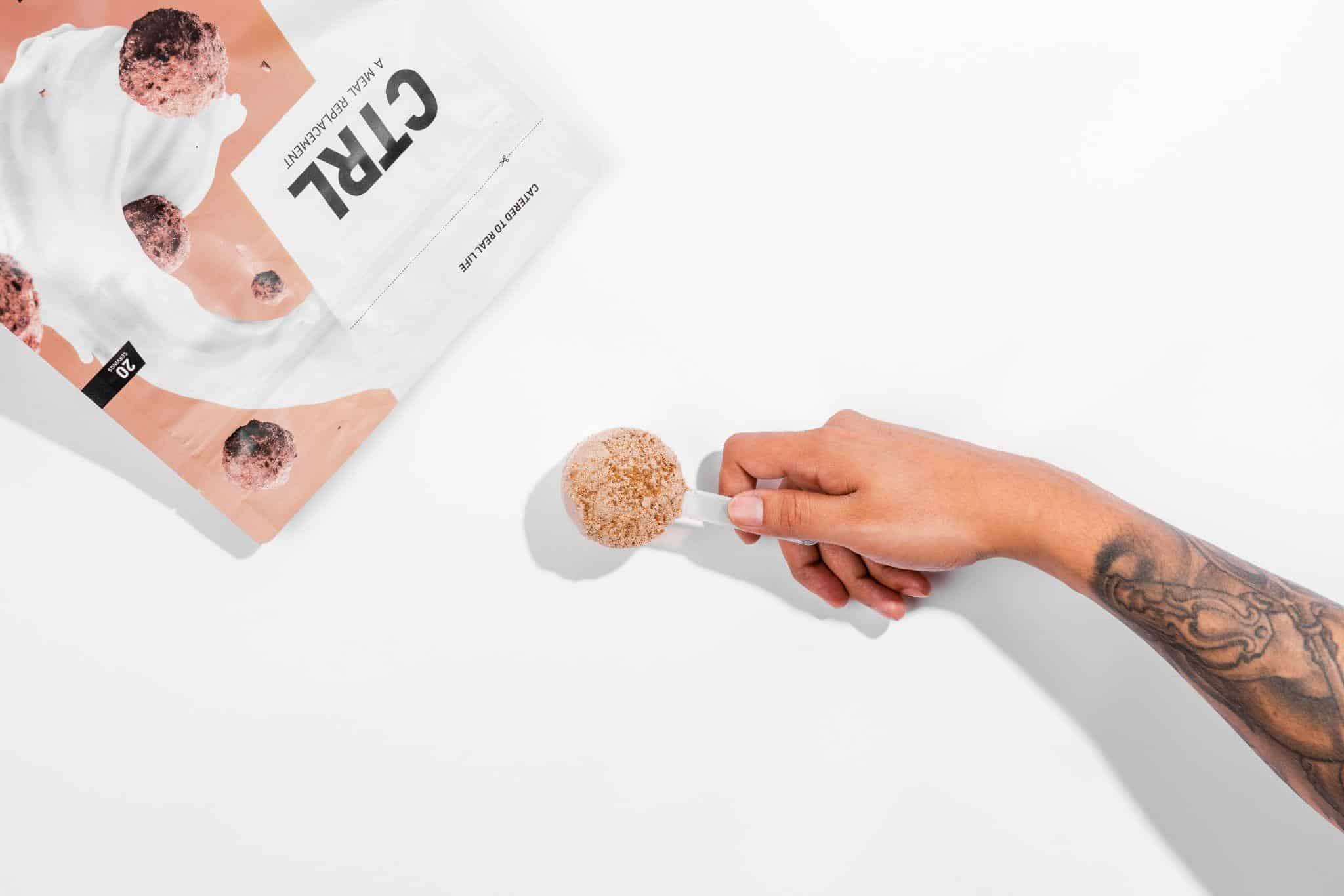
Creatine is widely used in fitness, especially among athletes and weightlifters. It has been shown to improve strength [mfn]https://pubmed.ncbi.nlm.nih.gov/28615996/[/mfn], performance and the body's ability to sustain peak effort for longer.
Creatine supplements are generally suitable for men and women, with recommended daily doses of around 3-6g if taken during a workout.
Though it is generally considered safe and effective, creatine can have a few drawbacks. Water retention in the muscle can cause weight gain in the first few weeks, but it's usually short-term.
Stacking creatine with SARMs (selective androgen receptor modulators) during high-intensity training boosts strength, power, and muscle growth even faster.
Unlike anabolic steroids, SARMs are not harmful to the liver or kidneys and do not convert to estrogen, which means they have fewer side effects. They also don’t cause water retention or increased body fat.
Make sure to buy the purest SARMs UK or worldwide. Ask for purity certificates; avoid them if they don’t supply them.
Creatine for beginners: take 5-20g of creatine per day for five days, followed by 5g per day as a maintenance phase.
2. BCAAs
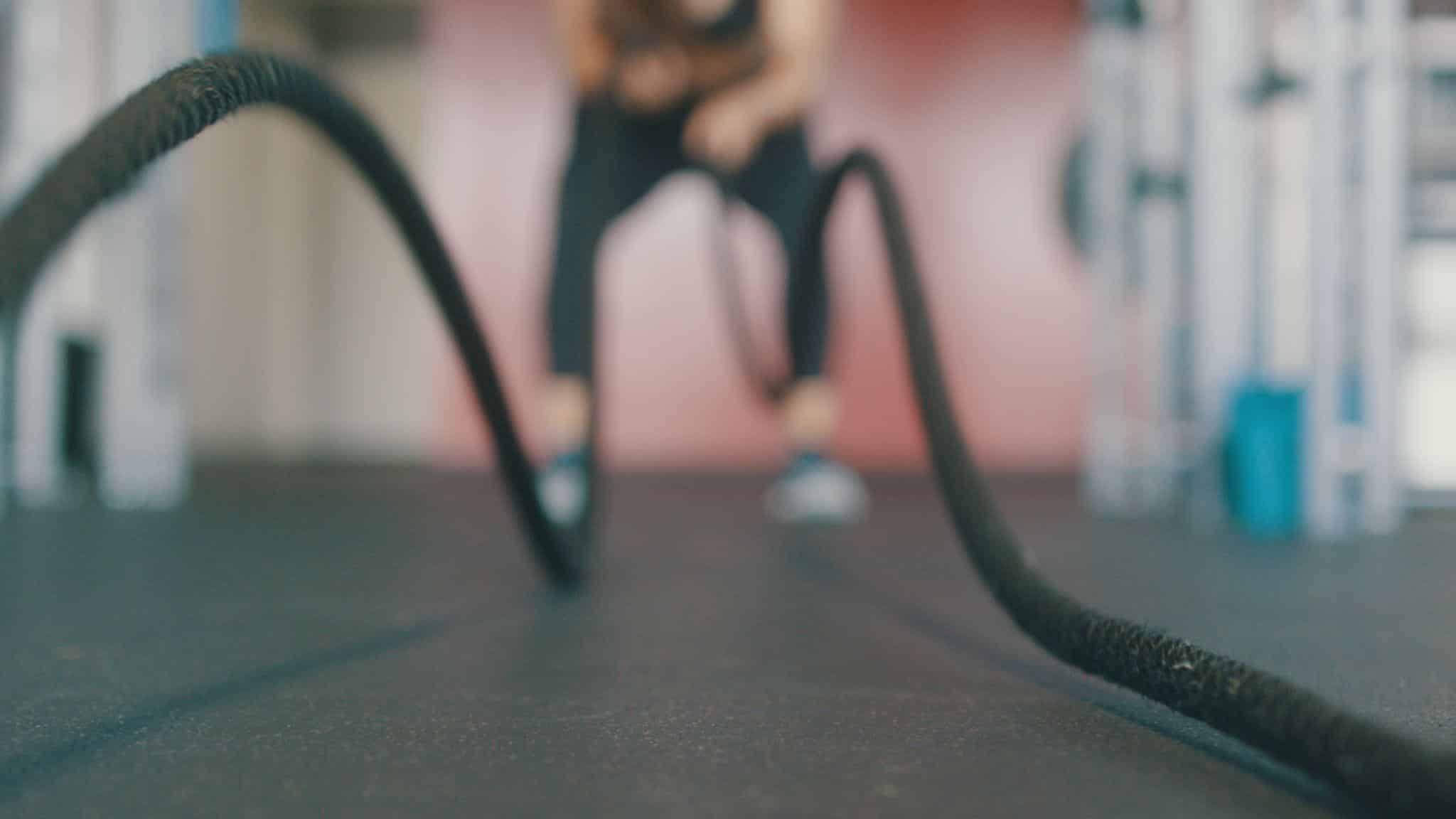
BCAAs, or branched-chain amino acids, play an important role in muscle growth by increasing the protein synthesis rate and decreasing the protein breakdown rate in your body.
By doing so, BCAAs assist your training and make it possible for your body to build muscle rather than lose it.
The three essential BCAAs - leucine, isoleucine, and valine - are found in food like chicken, fish, beef, liver, and eggs. As a dietary supplement, they boost performance and prevent muscle breakdown [mfn]https://pubmed.ncbi.nlm.nih.gov/28638350/[/mfn] during long endurance workouts by creating a positive nitrogen balance.
BCAAs have also been found to reduce fatigue in athletes involved in high-intensity activities.
BCAAs for beginners: powder can be taken anywhere from 1-4 times daily, whenever needed. Use pre-workout, during training, post-workout, or throughout the day to ease muscle pain.
3. Whey Protein
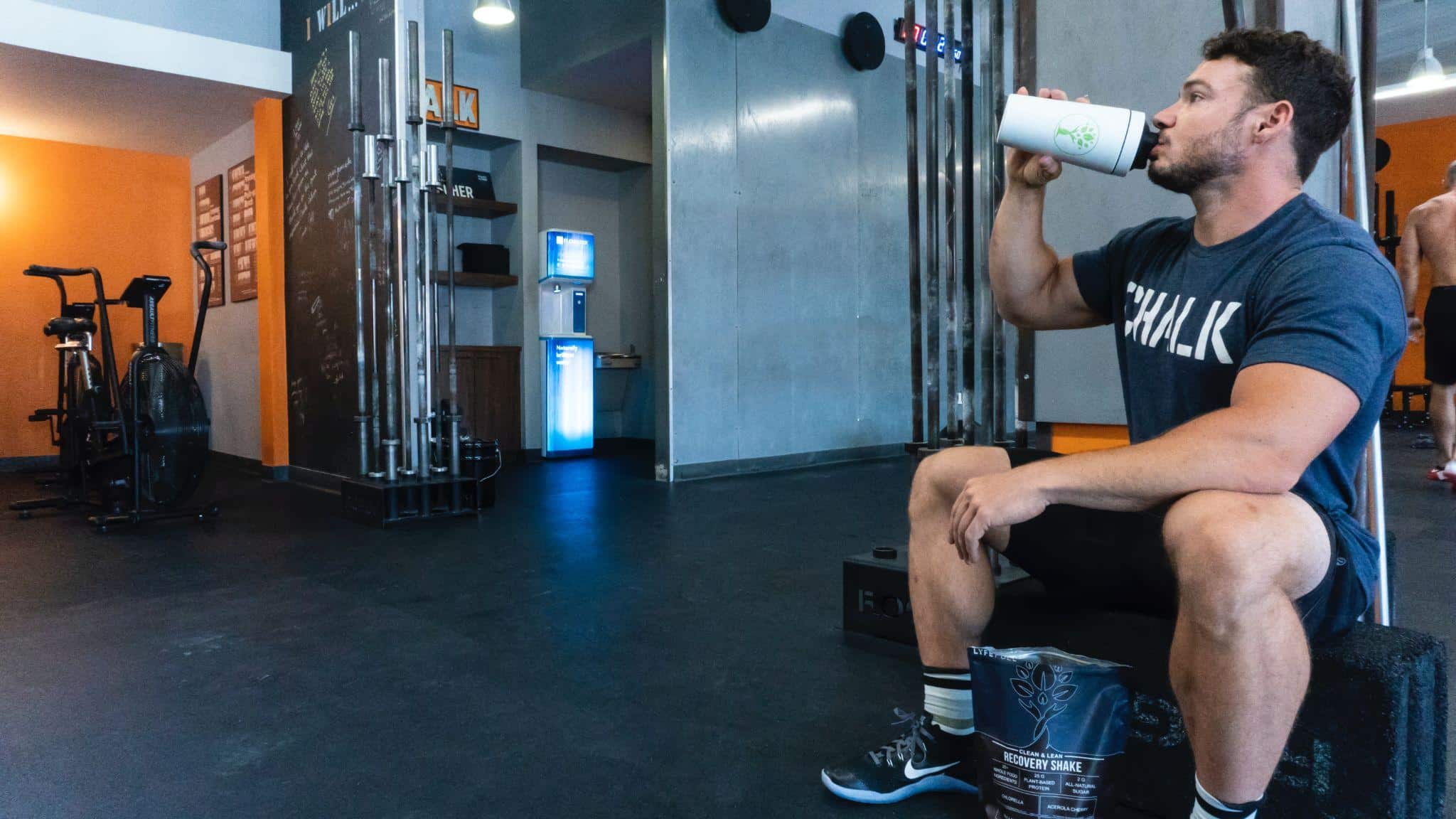
Whey protein is another excellent source of key amino acids for building muscle.
Studies show that whey protein triggers muscle protein synthesis in the body. In other words, you can build new muscles while losing fat by adding more whey protein to your diet.
Whey protein also offers plenty of other benefits, such as faster recovery after intense exercise, increased glutathione levels (an important antioxidant), improved insulin sensitivity, and better hydration.
Its high satiety index can even help reduce hunger pangs and regulate appetite, so you don't snack as much.
It’s also lower in calories than other protein powders. Because whey has a moderate amount of carbs per serving, it's good for athletes who need fuel and those who want to watch their calories.
Whey protein for beginners: take post-workout. Mix one scoop (20-30g) with water or milk.
4. Omega 3
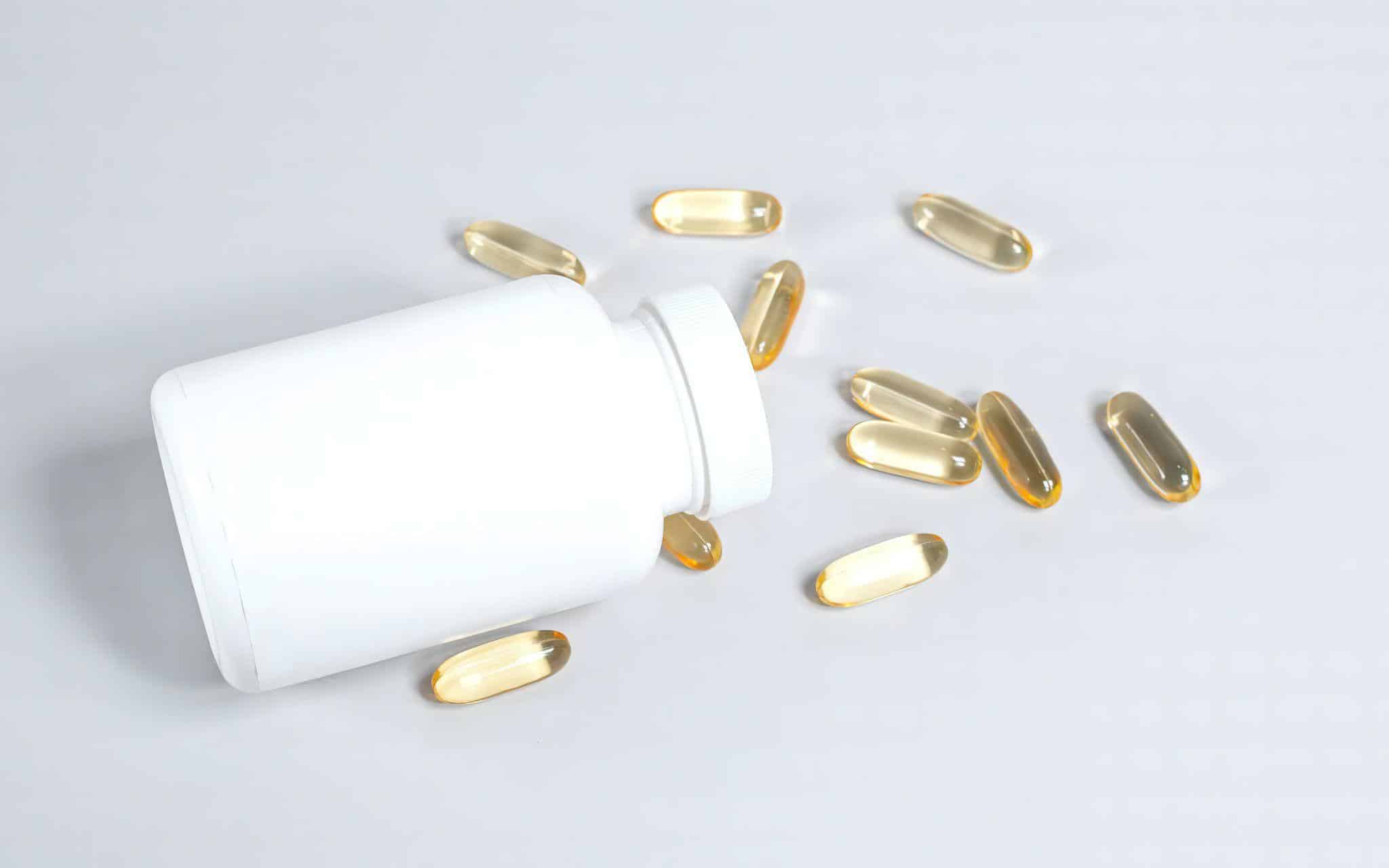
Omega 3 is an essential fatty acid derived from fish oil and is often overlooked when considering gym supplements.
It’s found in small amounts in foods like salmon, trout, free-range eggs and grass-fed beef, but you’ll need to take more to maximise its health benefits.
Omega 3 can play a significant role for those looking to increase their performance, health and overall well-being. It has been shown to help maintain muscle strength [mfn]https://pubmed.ncbi.nlm.nih.gov/31380384/[/mfn] alongside dieting, a standard component of bodybuilders’ training.
Omega 3 for beginners: 2,000–3,000 mg (1-2 capsules) per day is recommended for bodybuilders.
5. Beta-Alanine
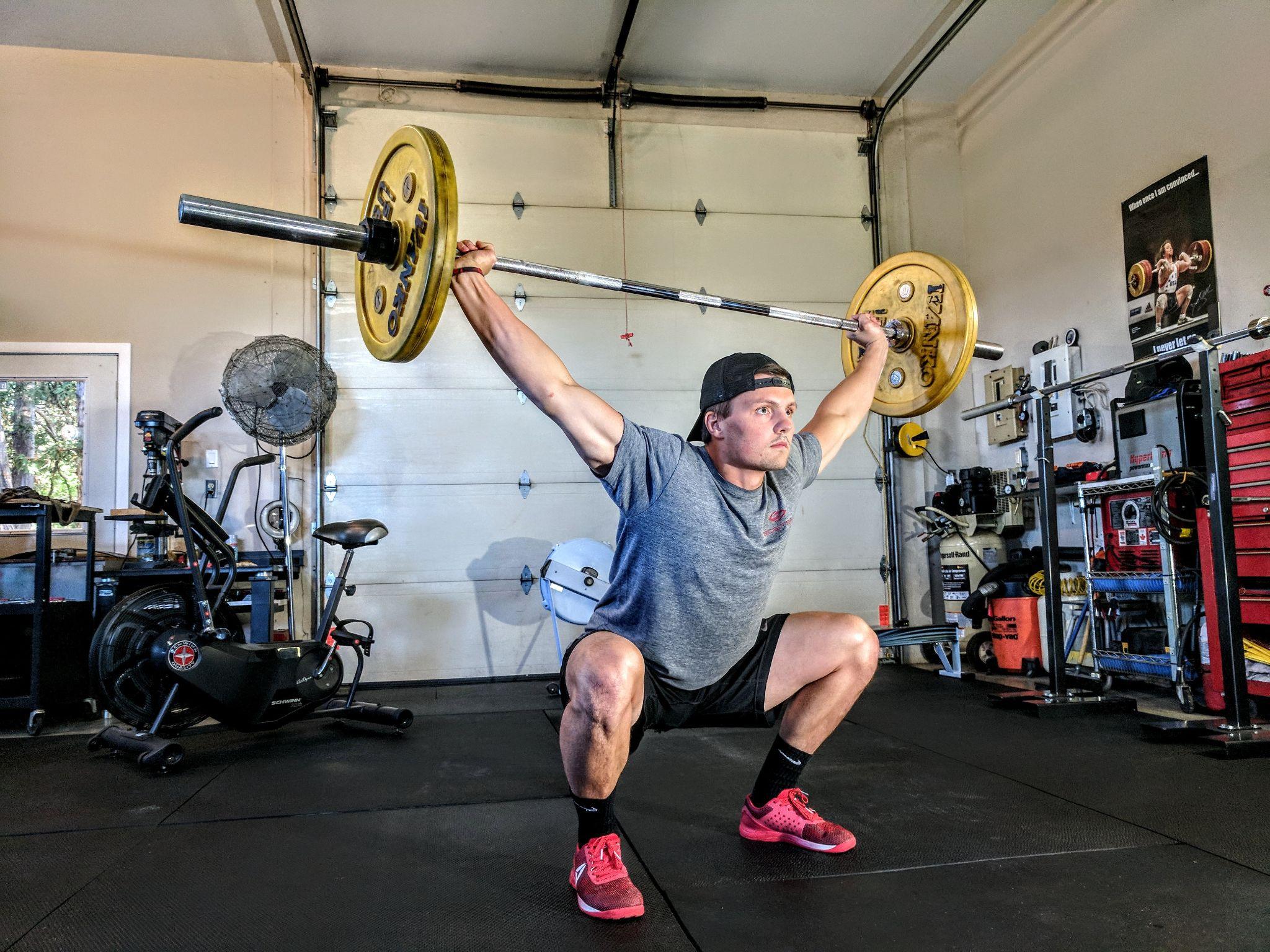
The amino acid beta-alanine has become increasingly popular in pre-workout formulas because it prevents acid buildup in muscle tissue.
80mg per kilogram of body weight can help increase athletic ability in intervals between 60 and 240 seconds. Supplementing with beta-alanine has no harmful side effects, but you may feel tingly.
Beta-alanine helps athletes perform and last longer before strenuous workouts.
Beta-alanine for beginners: take 2–5 grams a day.
The Key Takeaways on Gym Supplements
The take-home message here is to ensure you supplement your lifestyle correctly. Eating well and exercising regularly should be the foundation for any dietary strategy, especially if you want to achieve great fitness.
As tempting as it may seem, supplements are not meant to replace food but rather be an addition to a healthy diet and gym routine.
Before considering any changes, you should also consult with your GP about what supplements are best for your individual health plan or if there are any risks associated with them.
Ultimately, when used in conjunction with a healthy diet and consistent physical activity, supplements can help optimise your workout results.
Diversifying your diet through different supplements and ensuring enough rest will take you closer to reaching your fitness goals!

Isreal olabanji a dental assistant and public health professionals and has years of experience in assisting the dentist with all sorts of dental issues.
We regularly post timely and trustworthy medical information and news on Fitness, Dental care, Recipes, Child health, obstetrics, and more.

